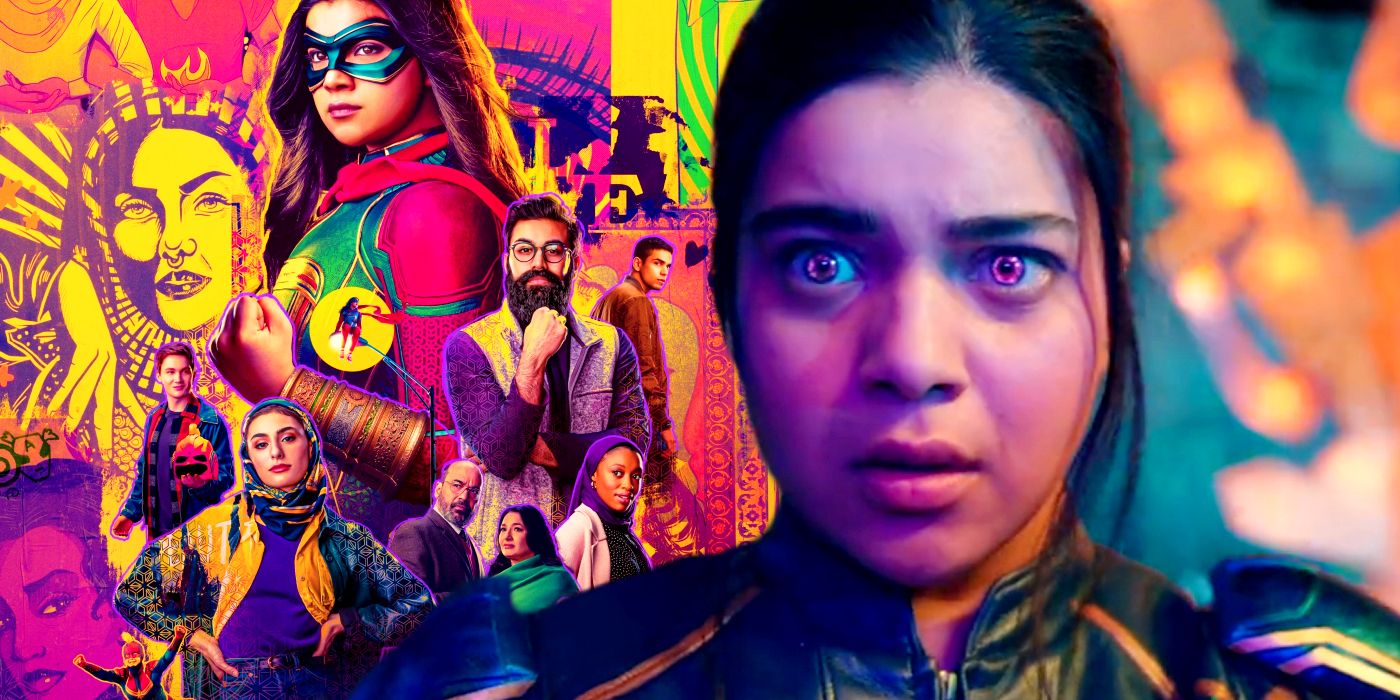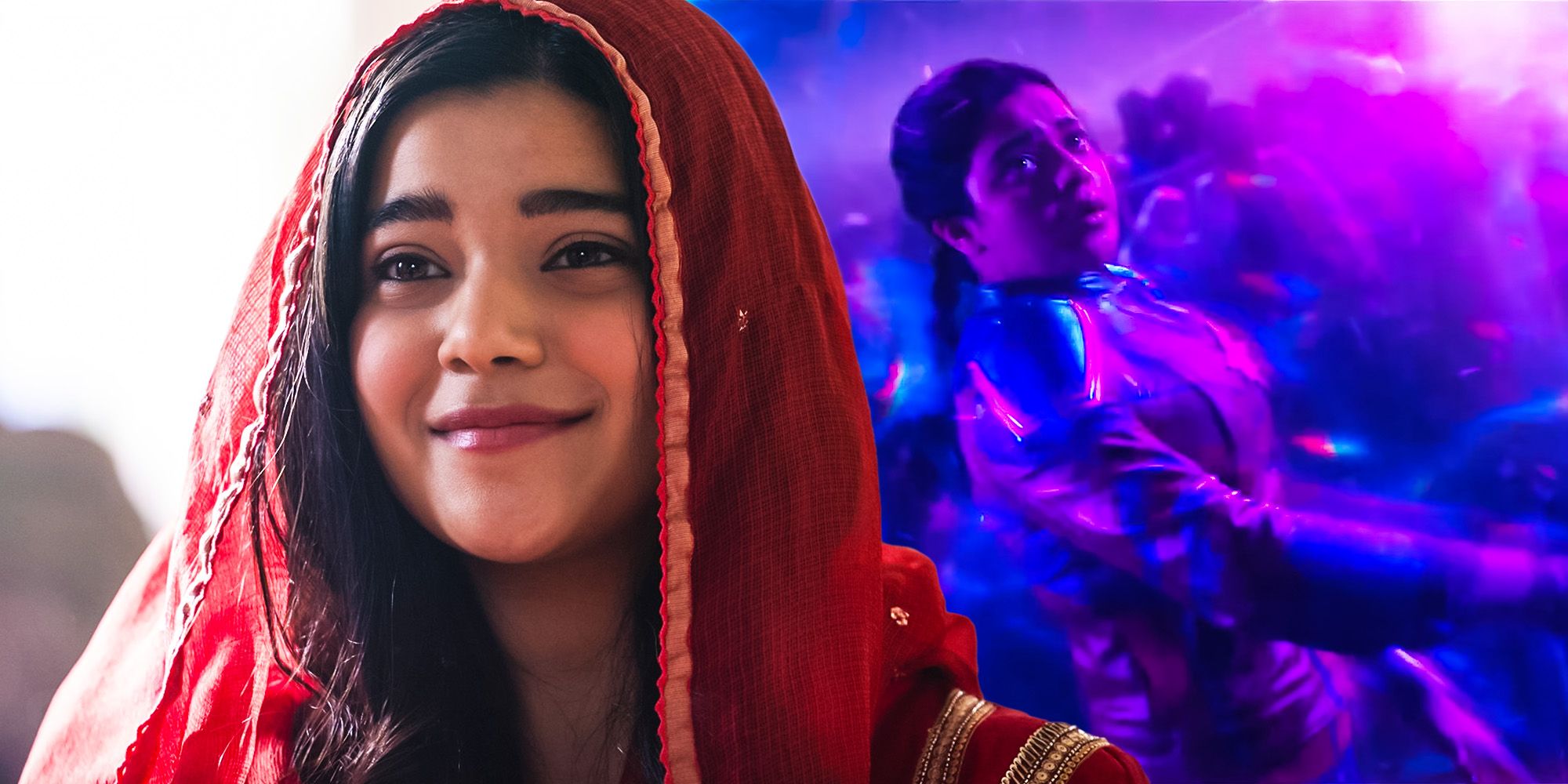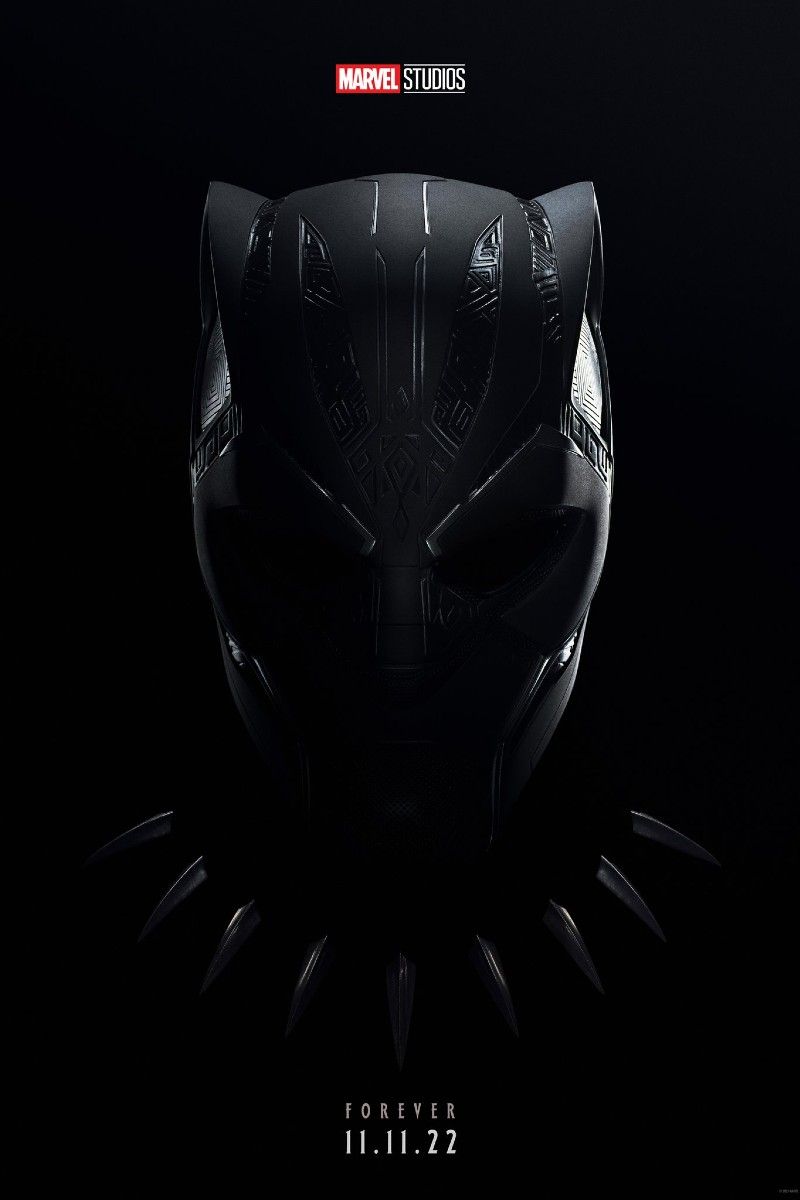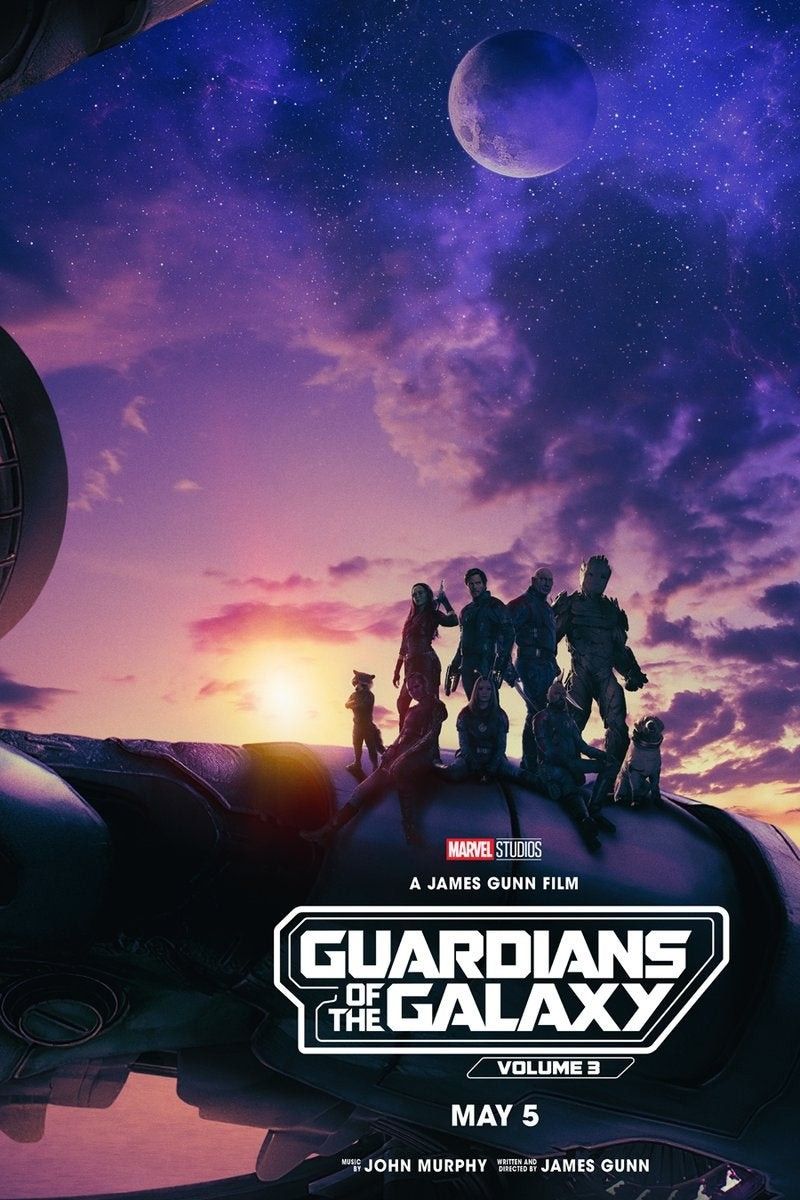Warning: Contains potential SPOILERS for Ms. Marvel
Disney+ series Ms. Marvel has broken a coveted MCU record by becoming the highest-rated franchise show on review aggregator Rotten Tomatoes. The series currently boasts an enviable 96% "Fresh" rating on the famous Tomatometer, putting it ahead of rivals like Loki and Hawkeye. Yet, for all this critical acclaim, the series' viewing figures have occasionally left a lot to be desired, raising questions about exactly how Ms. Marvel has been able to break the record.
In many ways, Ms. Marvel is an archetypal superhero origin story. The series follows Kamala Khan, a Pakistani-American superhero super-fan who spends her days fantasizing about her icons. After inheriting a mysterious bangle, Kamala develops incredible powers of her own, including the ability to harness cosmic energy and project physical constructions made out of so-called "hard light". The series charts both Kamala coming to terms with these abilities and navigating life as a high school student in Jersey City.
Given the MCU's dominance of modern movie culture, it's hard for any new Marvel project to do something genuinely original. The much-discussed (and sometimes criticized) MCU template for directors and filmmakers means that many projects, however different on paper, can end up feeling incredibly similar to one another. This is not the case with Ms. Marvel. Through a combination of inventive visuals, a proactive decision to embrace diversity, and a story that strays into territory previously unexplored elsewhere in the MCU, the show is bringing a fresh and exciting perspective to the Marvel universe. As the Critics' Consensus on Rotten Tomatoes explains, "Ms. Marvel is a genuinely fresh addition to the MCU – both stylistically and substantively". It's this combination that explains how Ms. Marvel has been able to break the studio's Rotten Tomatoes record and set the standard for small-screen Marvel adventures.
Ms. Marvel's innovative and distinctive approach to comic book storytelling means that it can really stand out from what has become an increasingly derivative cinematic subgenre. As Rotten Tomatoes Top Critic Eric Francisco put it [via Inverse], "Ms. Marvel doesn't reinvent the superhero wheel. Instead, it dips it in gold and bedazzles it with eye-melting visuals." This highlights how, by using bold and striking cinematography, Ms. Marvel is able to augment and improve the MCU, rather than quietly blend into the background. Of course, wanting to repeat previous Marvel success is understandable. Yet, as Ms. Marvel is demonstrating, it's only by taking calculated creative risks that the collective MCU moves forwards and continues to feel fresh and relevant.
Another great strength of Ms. Marvel's is its commitment to diversity. Previously, the MCU has been justifiably criticized for focusing on a largely uniform cast of straight, White heroes. It follows, therefore, that many of its stories – despite a dazzling display of different powers and abilities – follow a very similar structure. In the case of Ms. Marvel, not only is the series' diversity an integral part of the story, it also allows the show to repackage familiar beats and makes them feel fresh and new. This helps Ms. Marvel stand apart from a superhero genre that, in some cases, is in danger of becoming tired and repetitive.
A final reason for Ms. Marvel's critical success is the fact that it tells the kind of origin story that has hitherto been lacking from the MCU. Thus far, most of Marvel's teenage adventures have revolved around Spider-Man, who joined the franchise having already discovered his powers. Although the reasons for ignoring Spider-Man's classic origin story were understandable (given both the Raimi trilogy and Sony's TASM series), this approach nonetheless removed a key element from the character. By contrast, this crucial sense of youthful, exuberant discovery is on full display in Ms. Marvel – delivering a key element that the MCU was previously lacking. This once again helps the show to feel fresh and exhilarating when compared to some of its more somber contemporaries. Nearly 15 years after Phase One began with Iron Man, it's understandable that some Marvel projects feel as though they're revisiting old ground. As Ms. Marvel is proving, it's still possible to produce something startlingly new within a well-established genre.
New episodes of Ms. Marvel air Wednesdays on Disney+
Want more Ms. Marvel articles? Check out our essential content below...
- Ms. Marvel Is A Huge Step Forward For The MCU's Next Avengers Team
- When Every Ms. Marvel Episode Airs & How Many There Are
- Ms. Marvel Episode 1 MCU Easter Eggs & References
- Ms. Marvel Episode 1 Post-Credit Scene Explained - Who Is That?!
- Ms. Marvel Cast Guide: Every Marvel Character
- How Did Ms. Marvel Get Her Powers?
- Wait, Did Ms Marvel Just Travel The Multiverse?!
- What Is Ms. Marvel's Bracelet? Powers & Origin Explained
- The MCU Admits It Knows Everyone's Biggest Captain Marvel Problem
- Why Kamala Khan Worships Captain Marvel
- Every Hidden Detail & Easter Egg In Ms Marvel's AvengerCon
- How Ms. Marvel's MCU Powers Differ From The Comics






